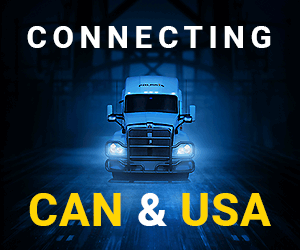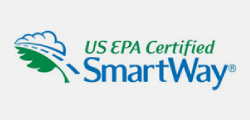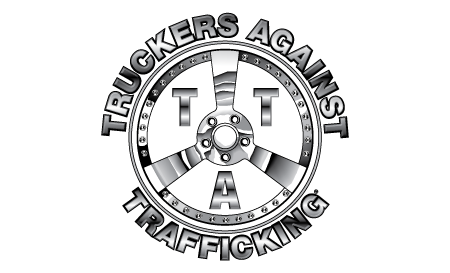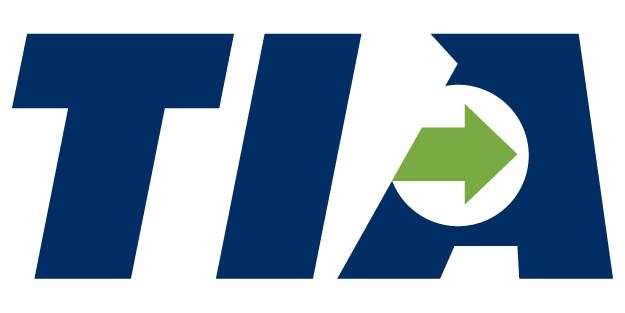Scott Marks | TIA Government Affairs Manager
The Paycheck Protection Program (PPP) has become the center of the U.S. business world in the past month, thrust into the limelight by the CARES Act – the sweeping bi-partisan, Phase III legislation used to jump-start the economy following a record-breaking slump as a result of the novel coronavirus (COVID-19) outbreak.
Contrary to popular belief here in Washington D.C., most individuals do not like interacting with the Federal government. This sentiment quickly changed from not liking to interact to needing to interact. The country finds itself waging a war against COVID-19 on two fronts – the health of the people and the health of the economy, each of which requires different strategies and approaches required to heal and rejuvenate.
The current tool of choice for legislators in D.C. is the PPP, a forgivable loan program available to small businesses with fewer than 500 employees It stipulates the loan will be forgiven if 75% of the amount is used to keep employees on the payroll. The PPP is a big deal for companies and an absolute lifeline to owners reeling from this economic disaster. Many companies have had to furlough and layoff dozens – if not hundreds – of individuals who they count as not only employees but often a second family.
The PPP funding has been deleted and will remain so until Congress takes action to replenish the funds. The Senate passed a relief package that provides an additional $310 billion for the PPP loans on April 21, and the House is expected the pass this package on April 23, thus sending the package to the President’s desk for an expected signature.
TIA represents third-party logistics companies that in most cases do not own assets or vehicles, nor do they touch freight as it moves across the globe. They do, however, facilitate the global movement of freight. Our 1,800 member companies use extensive technological and knowledge-based assets to successfully move freight from Company A (a manufacturer,) using Company B (a trucker, airfreight, train, or ocean liner) to Company B (a storefront who needs freight from Company A). TIA’s member companies do this effectively, efficiently, and ethically.
As one can imagine, most of our members were hit hard by the slump and slowdown in freight which needs moving across the country, that being said some of our members thrived and rose to the occasion especially in the arena of “essential services,” a phrase which can mean something different in all 50 states and federally. Third-party logistic companies who were tasked with moving medical supplies, grocery store food, and government equipment might have a boost in numbers and activity. Contrary to essential needs, our members who run the logistics for non-essential manufacturers (such as furniture or any number of leisure items) are being decimated right now. These members are seeking assistance from the Small Business Administration (SBA), the government agency implementing the PPP.
Our members had a mixed experience when applying for the PPP, whose rollout has been deemed as flawed from the start. It should be noted, however, that this was a monumental undertaking for the federal government – taking $350 billion in funds authorized when President Trump signed the legislation March 27, to starting to move money into business accounts of companies in all 50 states and territories some 170 hours later. Once again, a monstrous undertaking for an organization that in FY2019 handled just over $20 billion in the same types of loans.
I applaud the effort behind the CARES Act, spearheaded by leadership in both chambers of Congress. This legislation was a great bipartisan response by Congress, answering the call to action. TIA Members all over the country thank them for their proportioned response in a time of crisis.
The next phase in the process of economic recovery was the implementation of the CARES Act, led by the executive branch headed by President Trump (but more narrowly by Secretary of the Treasury Steven Mnuchin and even more narrowly by SBA administrator Jovita Carranza). The feedback received from members regarding their experience working with banks and the PPP applications came in swiftly.
One of our members was unable to apply until April 10th due to his status as a 1099 contract worker and not an employee of a company. This member vented about how frustrated he was with the process, the formula for him is not sustainable as the amount is cripplingly low. He is from a rural part of Texas and struggled to get a bank to hear him out and accept and application, he was given misinformation from one of three banks (all which he had previous accounts with). Thankfully, TIA’s Government Affairs team was able to connect him with his member of Congress, whose constituent services team provided much-needed assistance.
Another member stated to me that she is stuck in limbo: the application has been approved at the bank level, but the fund has run out of money, and she’s now stuck between the application phase and the funding phase of the process. A third member noted, “This has been the most confusing process to get documentation to the correct lender” and “very disappointing.” One stated, “once everything was in place it went rather smoothly.”
Where We Stand Now: Republicans offered last week to quickly fund PPP alone and keep discussions moving on hospital and localities, but this was repeatedly blocked by Senate Democrats who insisted money for those hospitals and localities be included. At the time of this writing, the Senate has passed legislation which provides the PPP with an additional $310 billion in funding ($60 billion of which goes directly to rural and small lenders, $ 60 billion in Economic Injury Disaster Loans (EIDL) grants and loans, $75 billion for hospitals, and $25 billion for COVID-19 testing. I do believe the PPP will be funded this week, as the political pressure is mounting since the funds were fully depleted in less than two weeks.
As the process moves forward, the challenges of passing additional legislation increases. You will likely see an effort to fund every major industry, another personal check to taxpayers, multiple rounds of PPP funding, and more.
The United States and the entire global economy are reeling from this disaster. Jobless claims are up and mental health is down, but we all must do what we can to get through this. For our members, that task is simple in definition but complicated in action: we must keep freight moving – 24 hours a day, 7 days a week for the next couple months to stock shelves, support our medical community and get equipment to the most needed groups as quickly as possible.
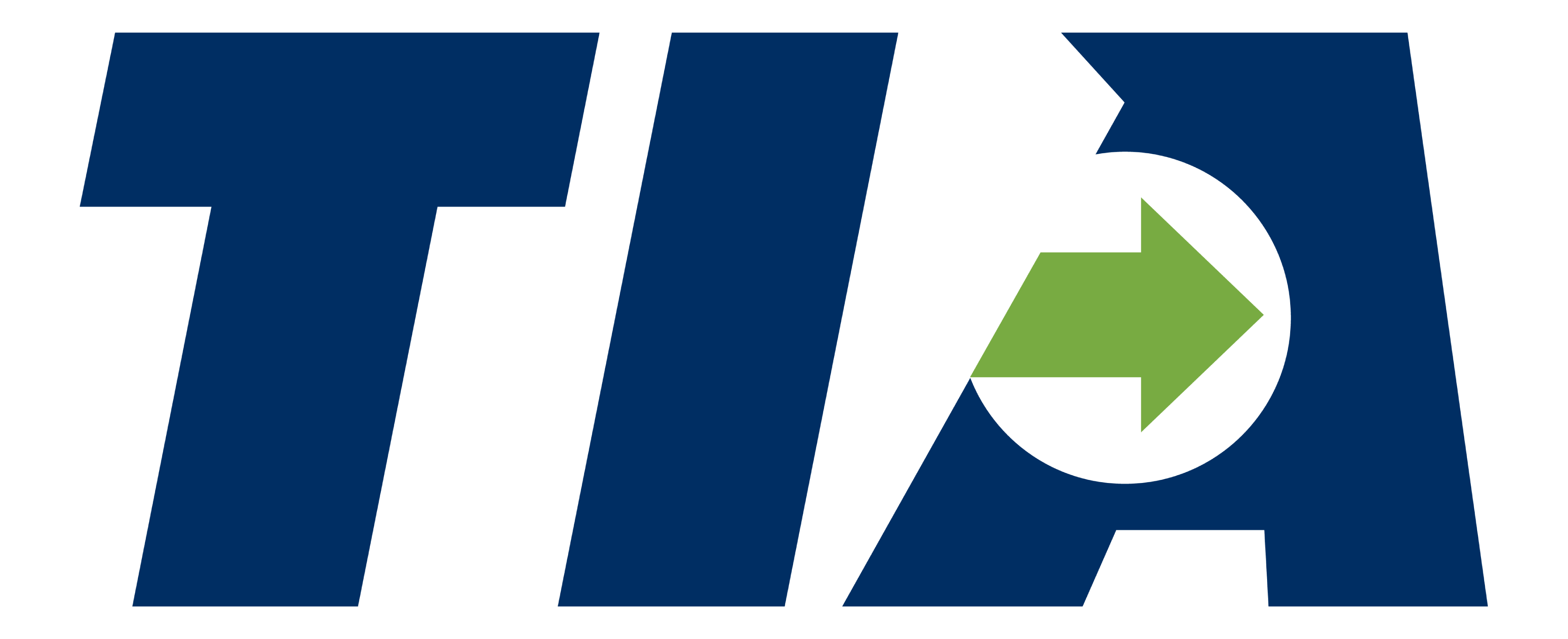





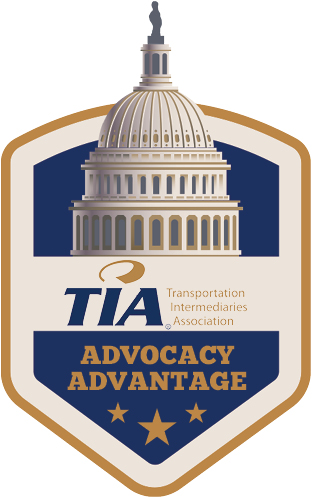 As Congress continues putting together the next surface reauthorization, the House Subcommittee on Highways and Transit held a hearing last Thursday on the needs of the freight transportation industry. Representatives from railroads, state and metropolitan transportation departments, environmental advocacy groups, and academia testified on the investment needs and other challenges facing freight transportation.
As Congress continues putting together the next surface reauthorization, the House Subcommittee on Highways and Transit held a hearing last Thursday on the needs of the freight transportation industry. Representatives from railroads, state and metropolitan transportation departments, environmental advocacy groups, and academia testified on the investment needs and other challenges facing freight transportation.


